Werner Boote presents an up-close and personal view of the controversial and fascinating material that has found its way into every facet of our daily lives: plastic. He takes us on a journey around the globe, showing that plastics have become a threat for both environment and human health.
Related Movies
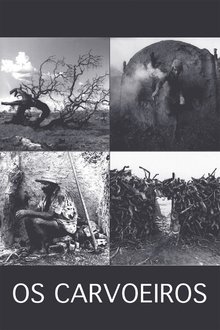
The Charcoal People (2000)
This deeply human documentary examines the subject of environmental destruction, highlighting the impoverished migrant workers who are chopping down the Amazon rainforest to create charcoal for pig iron production used primarily in the automobile industry. The film examines the children and elders and their daily lives and work as they burn timber in igloo-looking huts, their bodies charred gray for $2 a day, struggling to survive.
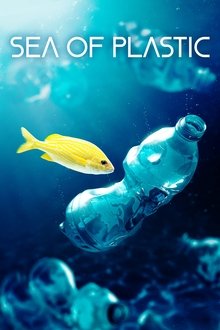
Sea of Plastic (2020)
The Mediterranean sea is stifled by the growing amount of plastic waste and microplastics, endangering marine mammals, polluting beaches and jeopardizing local economies. How to get rid of this plague? Alexandra Cousteau, granddaughter of worldwide-known explorer Jacques-Yves Cousteau, starts a journey to meet the people who are devoting their life to the Mediterranean sea’s rescue. Some flashing lights sequences or patterns may affect photosensitive viewers.
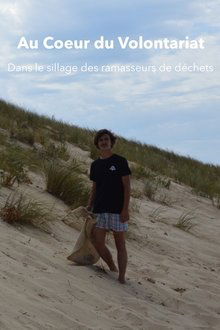
Fighting for beach clean-ups (2020)
44Wetsuit and À la vie à la mer work together to organise beach clean ups. We followed them from July to October 2020, filming their actions on different beaches of the French West Coast.
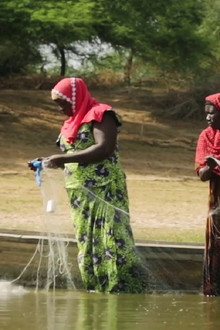
Lac (2019)
Kellou, in her forties, lives in Bol, the capital of Sahel’s province. She’s a fisher, profession transmitted from mother to daughter. She learned it from her mother. But since a few years, Lake Tchad has been shrinking, and fish has become rare. Kellou’s job is threatened. One day, after an un- successful catch, her 12 year old daughter Mouna gives her an idea: pick up plastic bags invading the lake and make ropes out of it to sell them on the market. By this simple gesture, Kellou gets to, in her own way, fight against plastic pollution and adapt to the new conditions brought about by climate change.
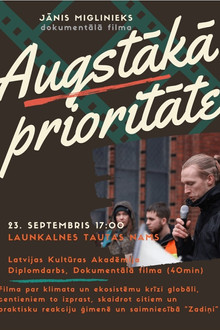
Augstākā prioritāte (2019)
Rejecting the natural comforts of city life, young sociologist and researcher Elgars Felcis has moved with his family to the countryside, where he has established one of Latvia's few eco-communities. The goal of the community members is to become self-sufficient and live in harmony with the surrounding environment. The film portrays Elgars' daily life – farming and working on academic papers and lectures.

Redwood Summer (1990)
A recruitment video created by Earth First! in 1990 to promote their Redwood Summer initiative.

Poisons (1964)
Industrialization brings progress, but also harmful influences on the environment. Warning of the dangers of waste materials dumped into the air and the waters.
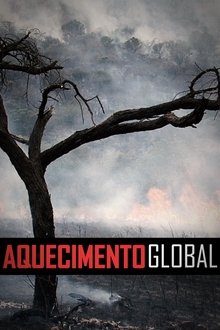
Global Warming (2020)
How far does your participation in global warming go? What is the real X-ray of the ongoing climate changes, and how can we—if at all—reverse the path we are all on? You’ll find these answers in “Global Warming”, a work featuring sixteen Brazilian experts discussing, detailing, and contextualizing climate change and its effects worldwide, especially in Brazil.
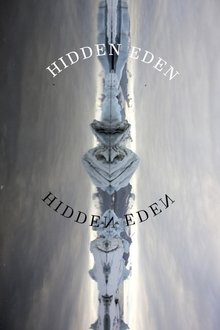
Hidden Eden (2021)
Exploring the concept of the Ecology of Emotions, this musical film portrays an inner journey through the secret garden of creativity put into frame by the nature of Iceland. Hidden Eden is a metaphor for our inner secret garden of creativity. This project bloomed during an art residency in Iceland, sparked by conversations around our shared philosophies on voice and emotional connection. The nature of Iceland inspired us to make the connection on how the landscape reflects the emotional states of creativity and how it helps manage the homeostasis of our inner emotional landscapes. This exchange between emotion and the landscape opens a space for healing. Creativity provides us with the tools to access a garden of our authentic being, nourishing and balancing us. Allowing ourselves to explore the spectrum of our emotions through the lens of our relationship with the Earth invites others to do the same. The creative process can affect our well being and is a key to human evolution.

Taim (1979)
Ecology - the eco system, a nature reserve in the south of the country - RS (between the Mirim lagoons) shows the harmony between nature and animals.
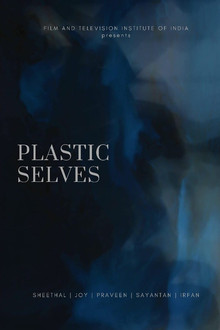
Plastic Selves (NaN)
Diving deep into the ecological exploitation of Alibaug’s waters, the natural world is given a distinctly personal voice, recalling memories, realities, and haunting despair in this experimental documentary.
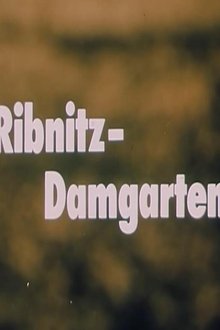
Ribnitz-Damgarten (1989)
Ribnitz-Damgarten, the jewel at the coast of the Baltic Sea, is located directly at the Saaler Bodden, between Stralsund and Rostock. The town and its surrounding area are made for vacationing. This documentary from 1989 also shows the other side, like, for example, how the increasing population density and the industrial production influence the ecological balance of the region. A community for the protection of the Bodden landscape is actively making an effort for conservation. At the institute for deep-sea fishery, research about the fish population is conducted, and agriculture as well is looking for solutions to preserve an intact environment.
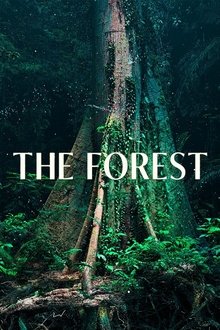
The Forest (2024)
The story of a brilliant ecologist with a plan to save the world by restoring the planet's forests. His original work was hijacked by corporations and politicians with disastrous effect. Now he's using science to fight back.

Amère Victoire (2016)
The young French environmentalist and Member of the European Parliament Yannick Jadot wonders how the wounded nuclear beast might still have a bright future ahead after Fukushima. A few weeks after this terrible accident, and while there is no time to lose, Yannick Jadot negotiates at the European Parliament for better security for the most nuclearized continent on the planet, whereas the majority political parties try to rationalize this extraordinary event. At the same time, the young deputy is an advisor to Eva Joly, the candidate for the presidential primary in the Ecologist party. They try to make visible and audible the necessity to abandon the atom during the campaign for the French presidential elections. But very soon he finds himself caught up in the spiral of events, strategy, polls and fake alliances.
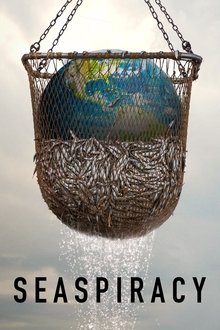
Seaspiracy (2021)
Passionate about ocean life, a filmmaker sets out to document the harm that humans do to marine species — and uncovers an alarming global conspiracy.
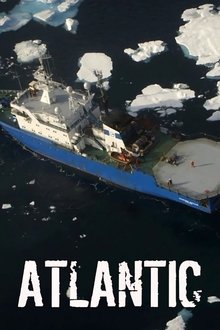
Atlantic (2016)
Documentary about the two big resources in the North Atlantic, fish and oil, and the impact of their exploitation on the environment in various countries on both sides of the Atlantic.

Plasticized (2011)
PLASTICIZED is a film that places the viewer aboard a transatlantic expedition, as if one of the crew, revealing the unembellished evidence that the human footprint has reached every corner of the earth, even if we have not been there. Despite rumors of massive garbage islands, an immeasurable amount of plastic pollution of all sizes is floating throughout every major ocean in the world. With the numerous ghost nets of trash or larger windrows of rubbish dominating the the occasional headlines, tiny bits of plastic particulate from frail chunks is the overwhelming contaminant that is secretly infiltrating all levels of sea life like a cancer.

Stopping the Next Pandemic (2023)
How can we prevent epidemics? Why do viruses and bacteria move? Rather than trying to contain epidemics one after another, why not stop the processes that encourage their emergence? The challenges are enormous, but scientists argue that solutions exist. Because if emerging diseases are the collateral consequences of our lifestyles, our lifestyles are under our control.